

— Products —
 Consumer hotline +8618073152920
Consumer hotline +8618073152920 WhatsApp:+8615367865107
Address:Room 102, District D, Houhu Industrial Park, Yuelu District, Changsha City, Hunan Province, China
All products
soil pH level tester is an instrument used to measure the acidity or alkalinity of soil. Typically, it works by inserting a probe into the soil to detect the hydrogen ion concentration in the soil solution and outputs the pH value (ranging from 0 to 14). The pH value reflects the soil's acidity (pH < 7), neutrality (pH = 7), or alkalinity (pH > 7), which directly affects the efficiency with which plant roots absorb nutrients. Modern soil pH level testers utilize electrochemic···
Tel/WhatsApp:+8615367865107
Email:Arvin@niubol.com +Nearly 100 partner companies in more than 68 countries. We are committed to providing high-quality, practical products to meet your needs and help you solve problems. Our products comply with international standards and are certified with ISO, CE and RoHS.Product Details
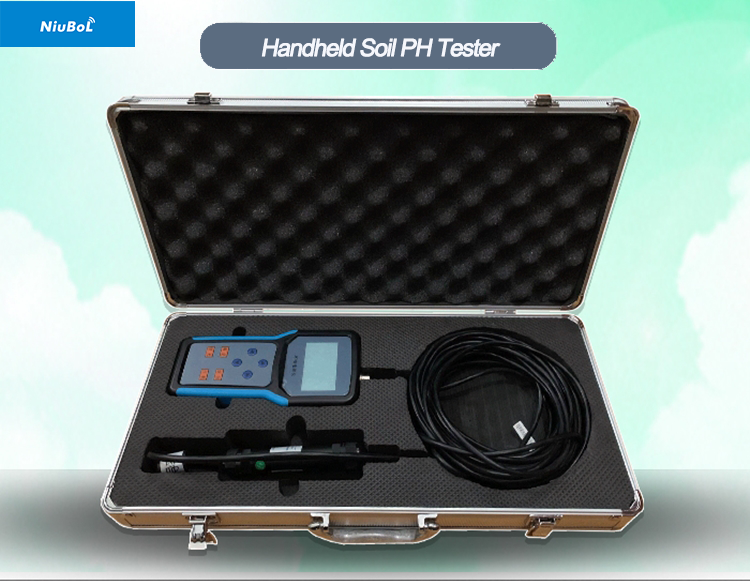
A soil pH level tester is an instrument used to measure the acidity or alkalinity of soil. Typically, it works by inserting a probe into the soil to detect the hydrogen ion concentration in the soil solution and outputs the pH value (ranging from 0 to 14). The pH value reflects the soil's acidity (pH < 7), neutrality (pH = 7), or alkalinity (pH > 7), which directly affects the efficiency with which plant roots absorb nutrients. Modern soil pH level testers utilize electrochemical principles, combined with high-precision sensors and data processing systems, supporting real-time display, data storage, and remote transmission. These devices are widely used in agricultural irrigation, horticulture, soil research, and environmental monitoring.
Compared to traditional chemical reagent testing methods, soil pH level testers offer advantages such as ease of use, high accuracy, and portability, making them particularly suitable for field measurements and long-term monitoring.
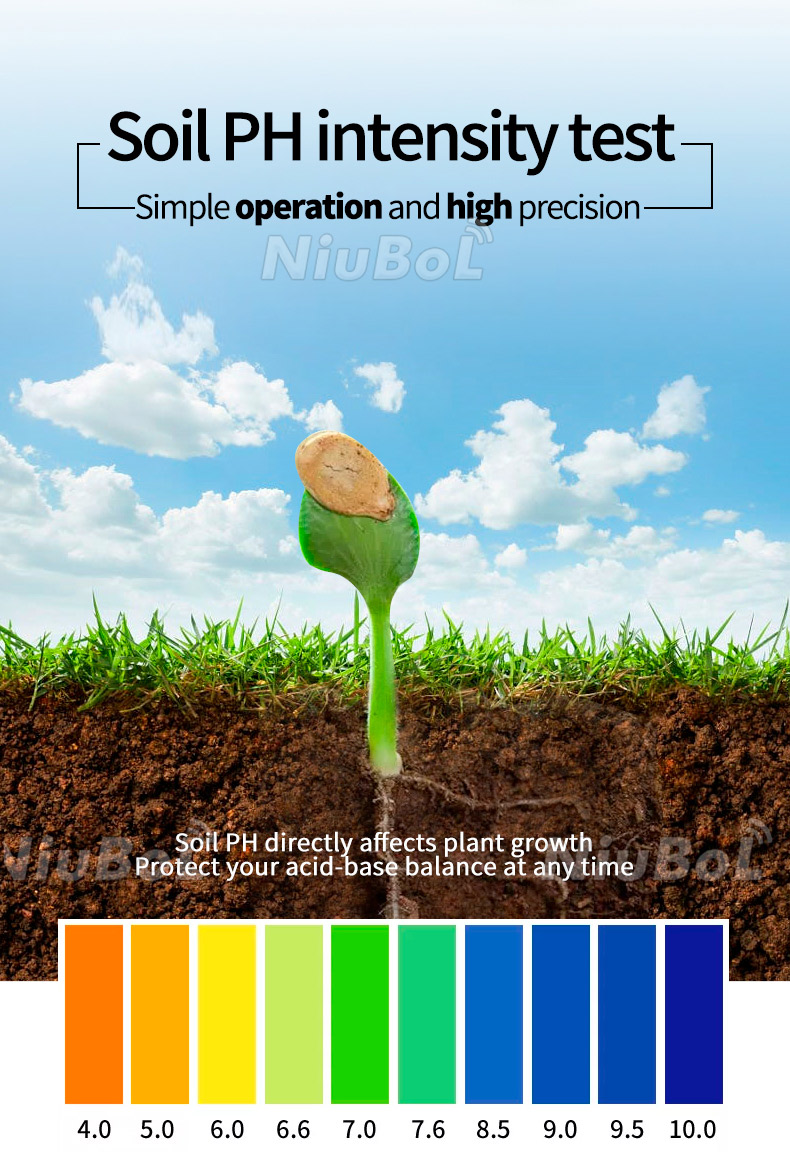
Soil pH is a critical indicator of soil chemical properties and directly affects plant growth and soil ecosystems:
1. Nutrient Availability: Soil pH influences the solubility of nutrients like nitrogen, phosphorus, and potassium and the efficiency with which plants absorb them. For example, acidic soils (pH < 6) may lead to excess iron and manganese, while alkaline soils (pH > 7.5) may limit phosphorus absorption.
2. Plant Growth: Different crops have specific pH requirements (e.g., rice thrives at pH 5.5–6.5, corn at pH 6.0–7.0). An unsuitable pH can inhibit root growth and reduce yield.
3. Soil Health: Extreme pH levels can lead to soil degradation, reduced microbial activity, or the release of heavy metals, disrupting ecological balance.
4. Agricultural Management: By testing pH, farmers can adjust soil improvement measures (like applying lime or sulfur) to optimize the soil environment.
5. Improving Crop Quality and Yield: Choosing the appropriate pH for crops improves yield and economic efficiency.
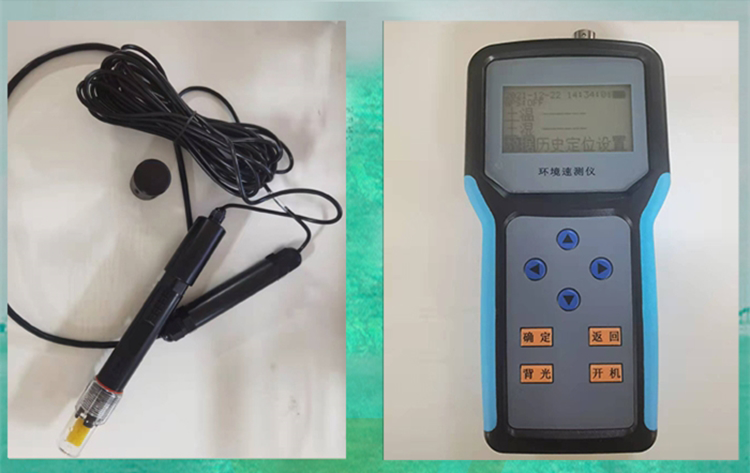
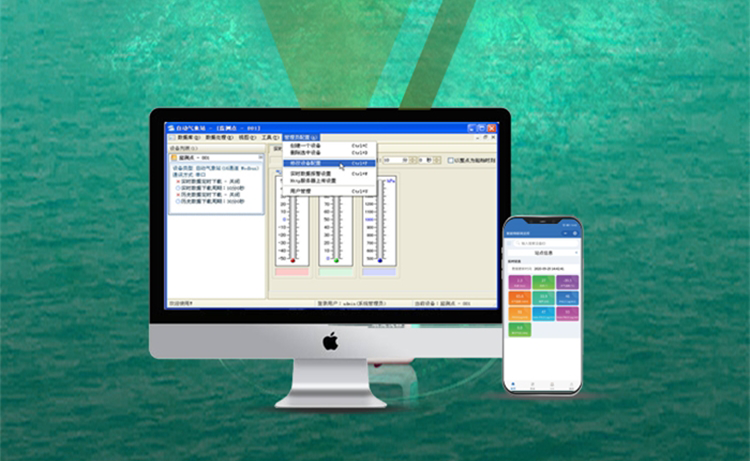
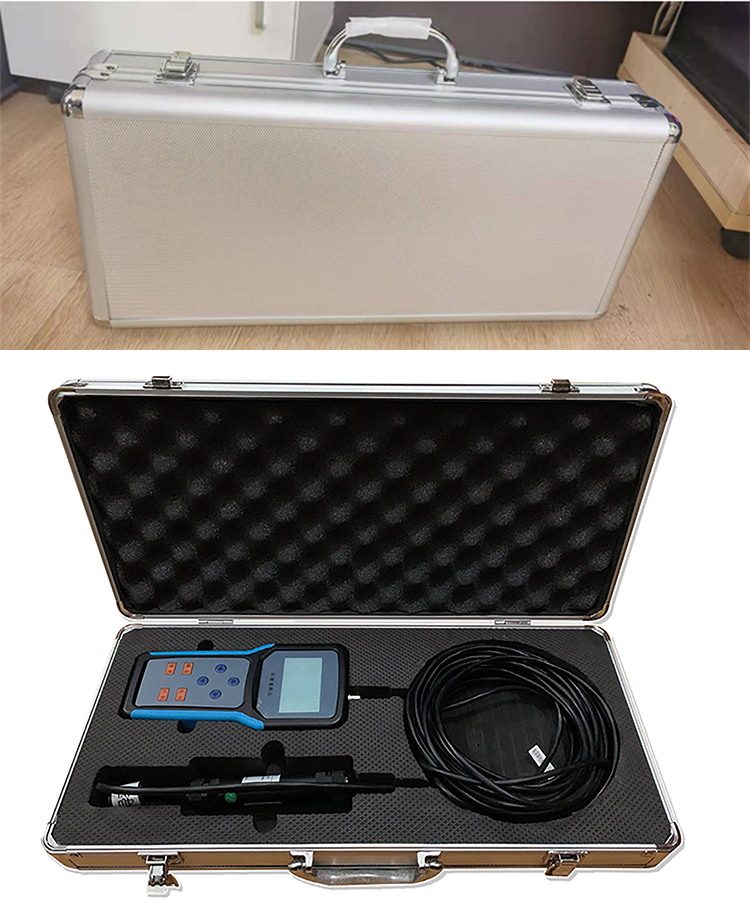
1. Optimize Crop Selection: Select suitable crops based on soil pH to avoid planting acid-sensitive or alkaline-sensitive plants.
2. Precise Fertilization: Guide fertilizer choice and application amount, reducing nutrient waste and improving fertilizer use efficiency by 10-20%.
3. Soil Improvement: Apply lime (to neutralize acidity) or sulfur (to reduce alkalinity) to adjust soil pH to an optimal range.
4. Environmental Protection: Prevent soil erosion or groundwater pollution caused by pH imbalances, protecting the ecosystem.
5. Scientific Research: Provide pH data to support soil chemistry, plant physiology, and climate change studies.
Therefore, using a professional soil pH tester for regular monitoring of fields, orchards, or greenhouse gardens is a key foundation for modern agriculture.
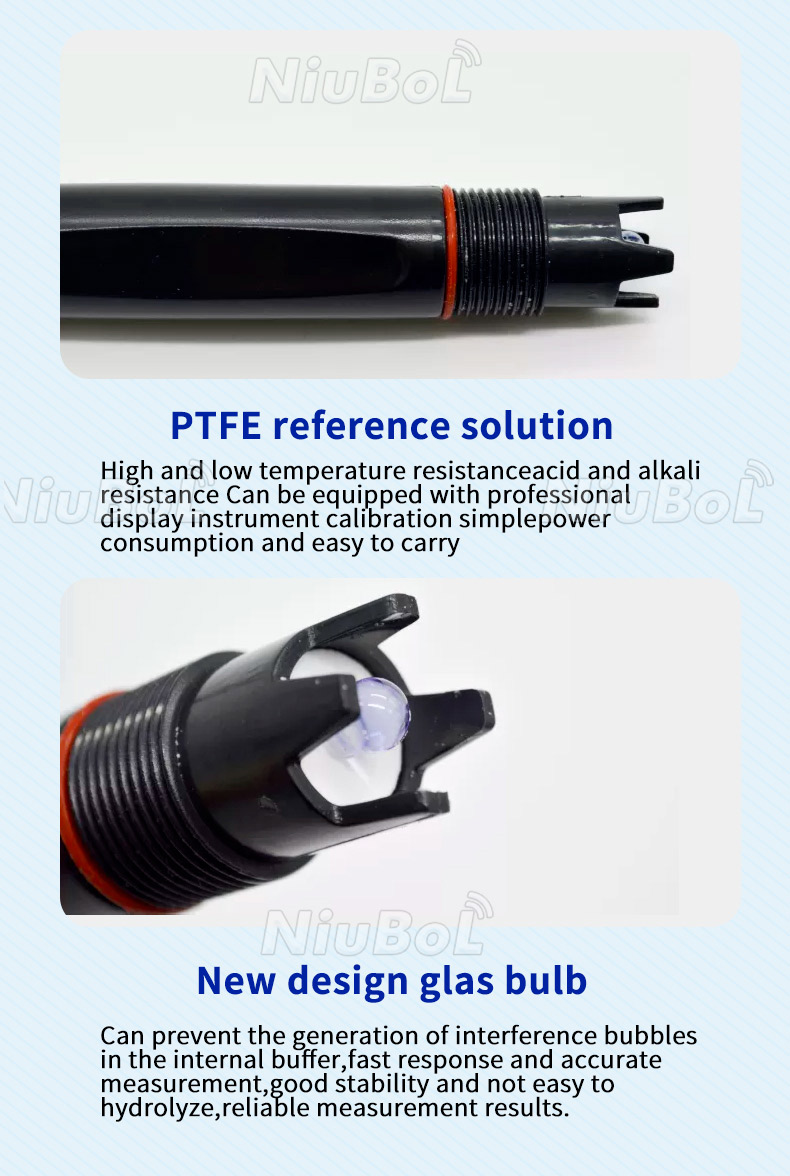
The NBL-S-PH soil pH level sensor is a high-precision, portable tester that solves the problems of calibration complexity, high power consumption, expensive price, and inconvenient portability seen in traditional soil pH testing devices. It uses a waterproof plastic shell and electrochemical probe to support rapid soil pH measurements and displays data on the screen in real time. It also stores data on an internal chip for subsequent analysis. This sensor can be expanded to measure other agricultural parameters (e.g., temperature, humidity, salinity) and is widely used in agriculture, horticulture, and scientific research.
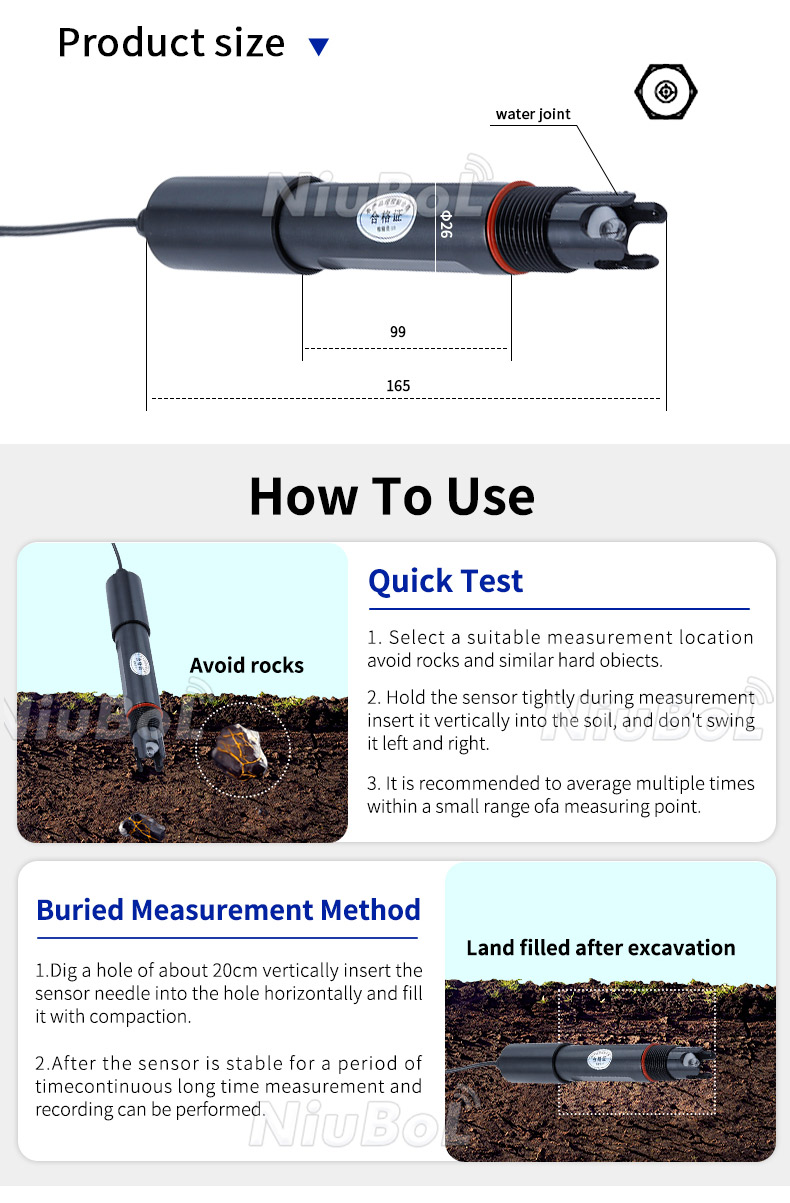
- Measurement Range: 0–14 pH
- Accuracy: ±0.1 pH
- Resolution: 0.01 pH
- Response Time: <10 seconds (in water)
- Power Supply: DC 12V-24V
- Output: RS485
- Instrument Cable Length: 5 meters (standard)
- Operating Environment: Temperature 0-80°C, Humidity 0-95% RH
- Power Consumption: 0.2W
- Housing Material: Waterproof plastic
- Transmitter Size: 986649mm
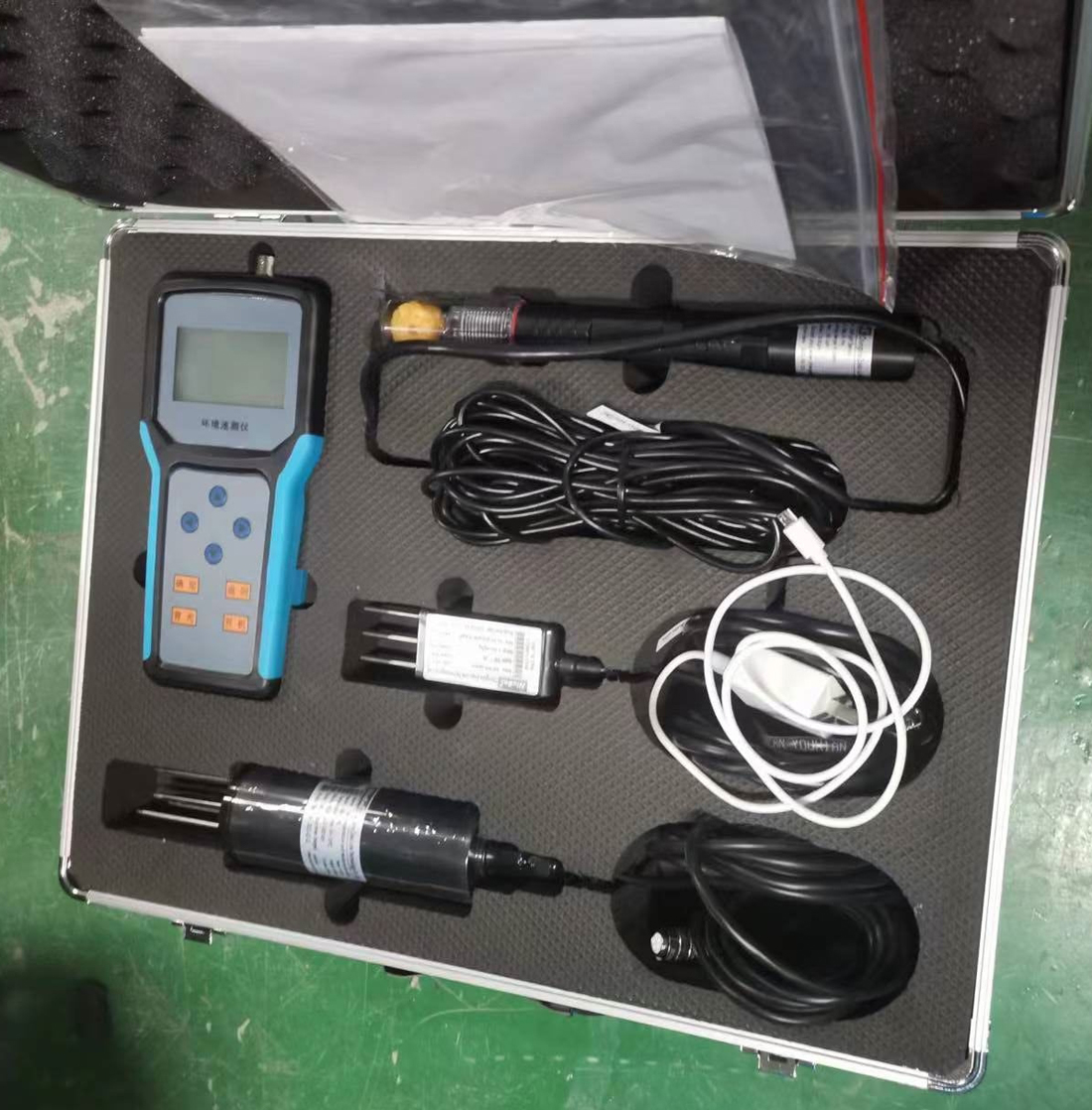
- Portable & Easy to Use: Compact and stylish design with a touchscreen button and large LCD display with an English menu, making it easy to carry and operate.
- High Accuracy & Fast Response: ±0.1 pH accuracy and 0.01 pH resolution with a response time of less than 10 seconds, ensuring quick and reliable measurements.
- Modular Design: High consistency in sensor probes with interchangeable measurements for temperature, humidity, salinity, and more, without needing to reconfigure the host.
- Smart Recognition: Automatically recognizes sensor types without manual setup.
- Data Storage & Transmission: Stores up to 20,000 data entries and allows for data export to a computer via USB in EXCEL format.
- GPS Positioning: Built-in GPS module for precise location tracking (accuracy less than 5 meters), aiding point location and data management.
- Durability: IP68 waterproof rating, suitable for long-term outdoor use in temperatures of 0-80°C and humidity up to 95%.
- Low Power Consumption: 0.2W, compatible with solar power systems, ideal for remote areas.
- Expandable Testing: Supports additional parameters such as soil temperature, humidity, salinity, and more, allowing for multiple measurements with one device.
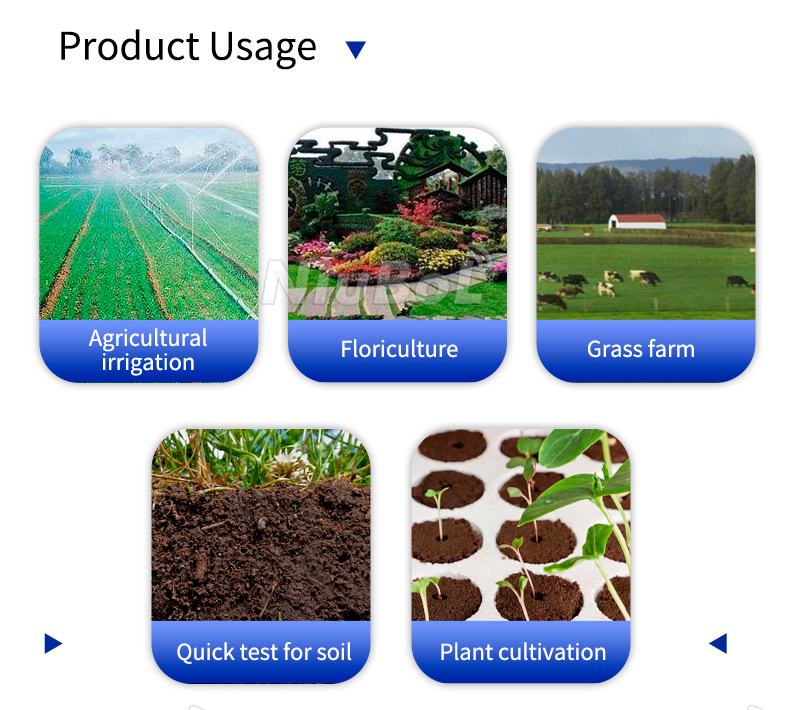
- Agricultural Production: Monitors soil pH to guide crop selection and fertilization strategies. For example, lime is applied to acidic rice fields to optimize the growing environment.
- Greenhouses and Horticulture: Monitors soil pH in greenhouses to ensure flowers and vegetables grow in suitable acidity/alkalinity.
- Pasture and Grazing Management: Assesses pasture soil pH for proper grassland improvement and grazing management.
- Environmental Monitoring: Tracks soil pH changes to evaluate the effects of acid rain or pollution on soil.
- Scientific Research & Education: Provides high-precision pH data to support soil chemistry and ecology research, suitable for field studies.
The soil pH tester provides crucial data for agricultural production, soil improvement, and environmental monitoring. The Niubol NBL-S-PH sensor, with its high accuracy (±0.1 pH), portability, modular design, and low power consumption, is the ideal choice for agriculture, horticulture, and research fields. Its additional functions, such as multi-parameter expansion, GPS positioning, and data storage, enhance intelligent management capabilities. By using this tester correctly, users can optimize crop growth, conserve resources, protect soil health, and promote sustainable development. Choose the NBL-S-PH soil pH tester and unlock the intelligent future of precision agriculture!
https://www.niubol.com/Instruction-Manual/Handheld-Tester-PC-Software.html
Next:Noise Level Sensor
Sensors & Weather Stations Catalog
Agriculture Sensors and Weather Stations Catalog-NiuBoL.pdf
Weather Stations Catalog-NiuBoL.pdf
Related recommendations
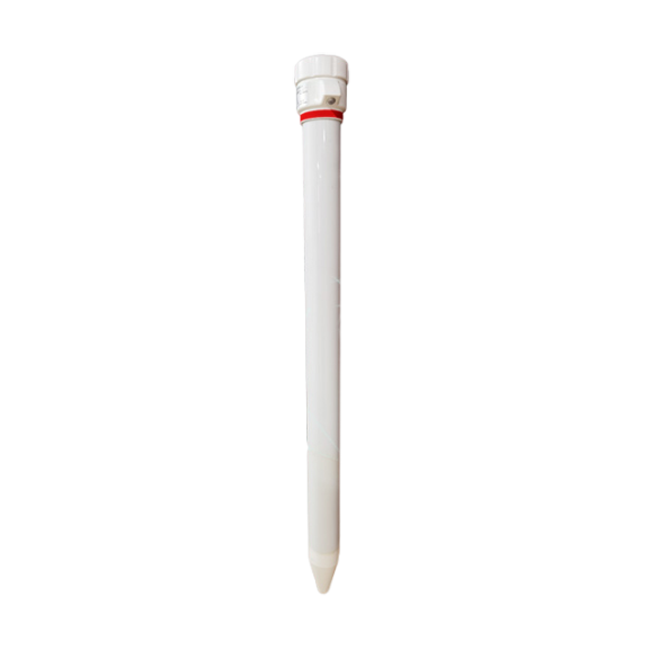 Multi-Depth Soil Sensor RS485
Multi-Depth Soil Sensor RS485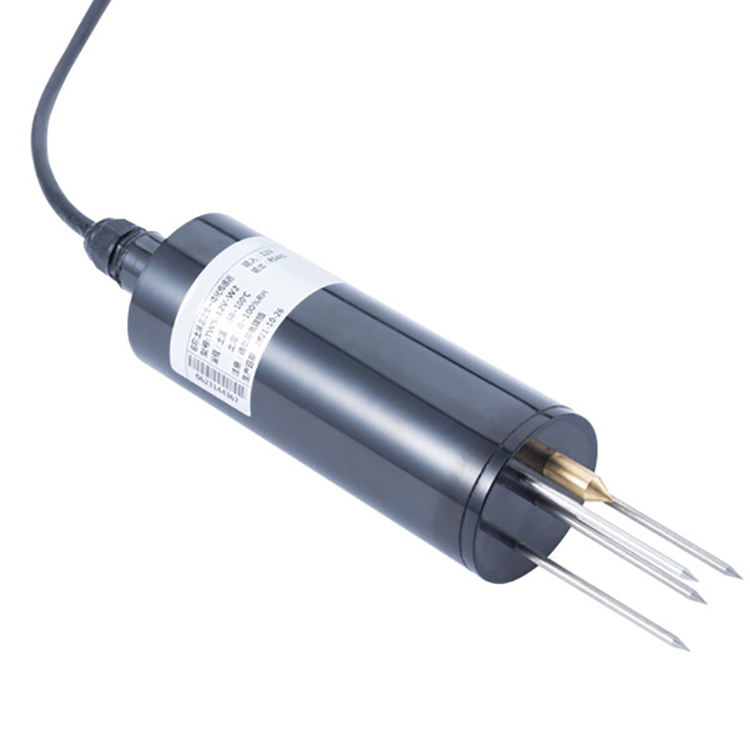 TDR Soil Moisture Sensor
TDR Soil Moisture Sensor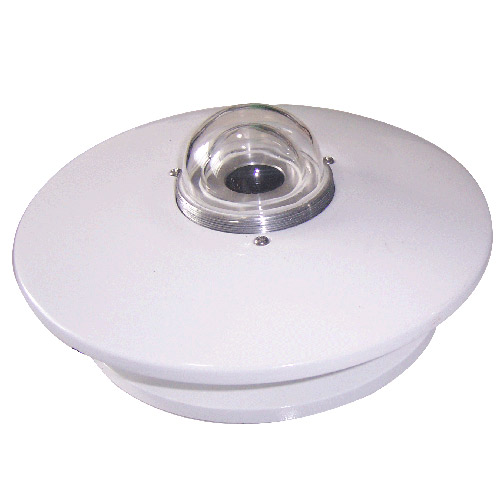 Pyranometer Solar Radiation Sensors
Pyranometer Solar Radiation Sensors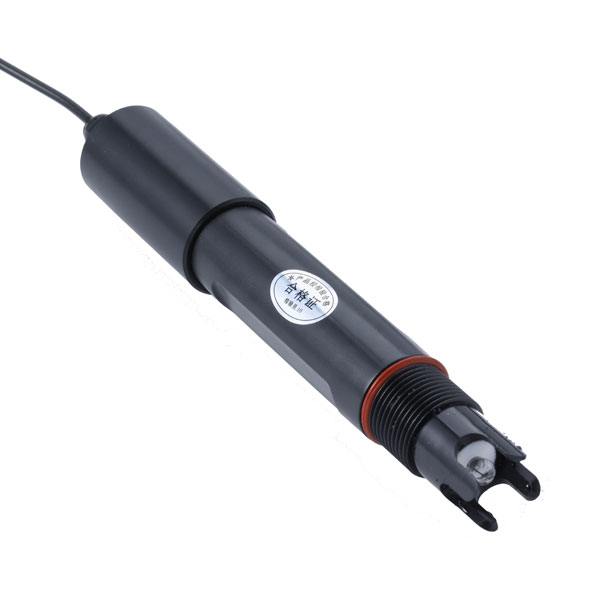 Soil ph sensor
Soil ph sensor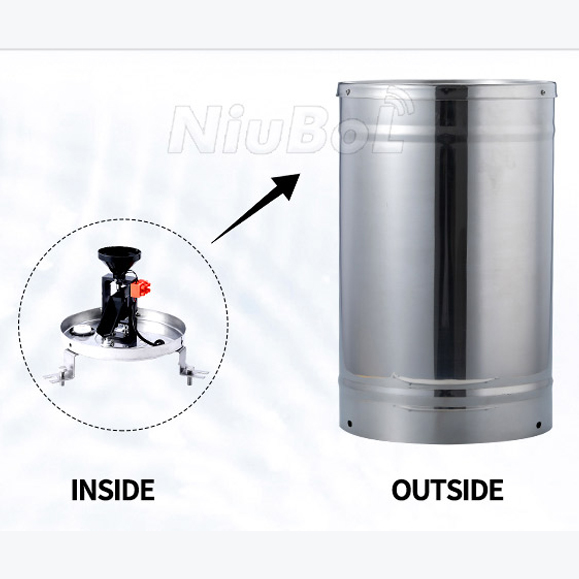 Tipping Bucket Rain Gauge
Tipping Bucket Rain Gauge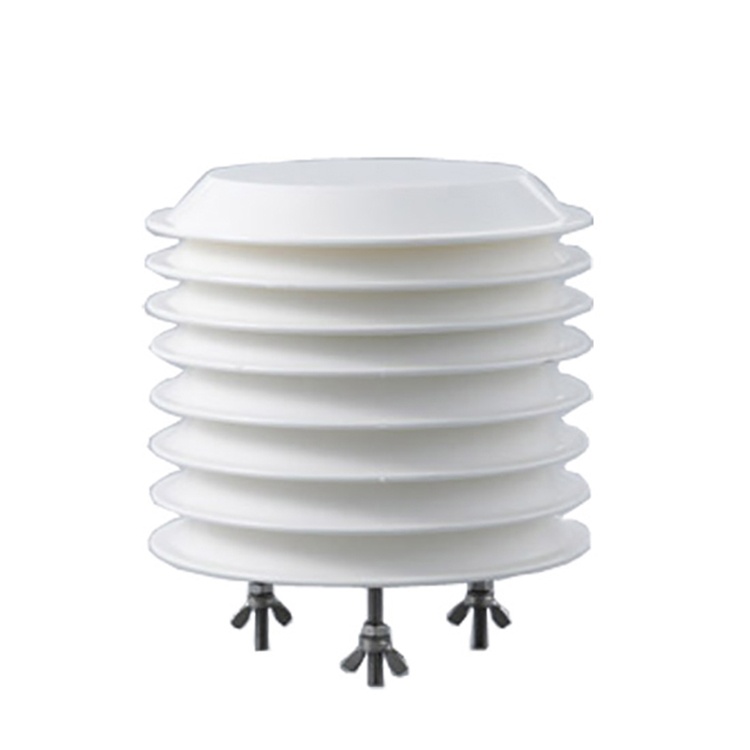 Air Temperature and Humidity Sensor
Air Temperature and Humidity Sensor
Screenshot, WhatsApp to identify the QR code
WhatsApp number:+8615367865107
(Click on WhatsApp to copy and add friends)
